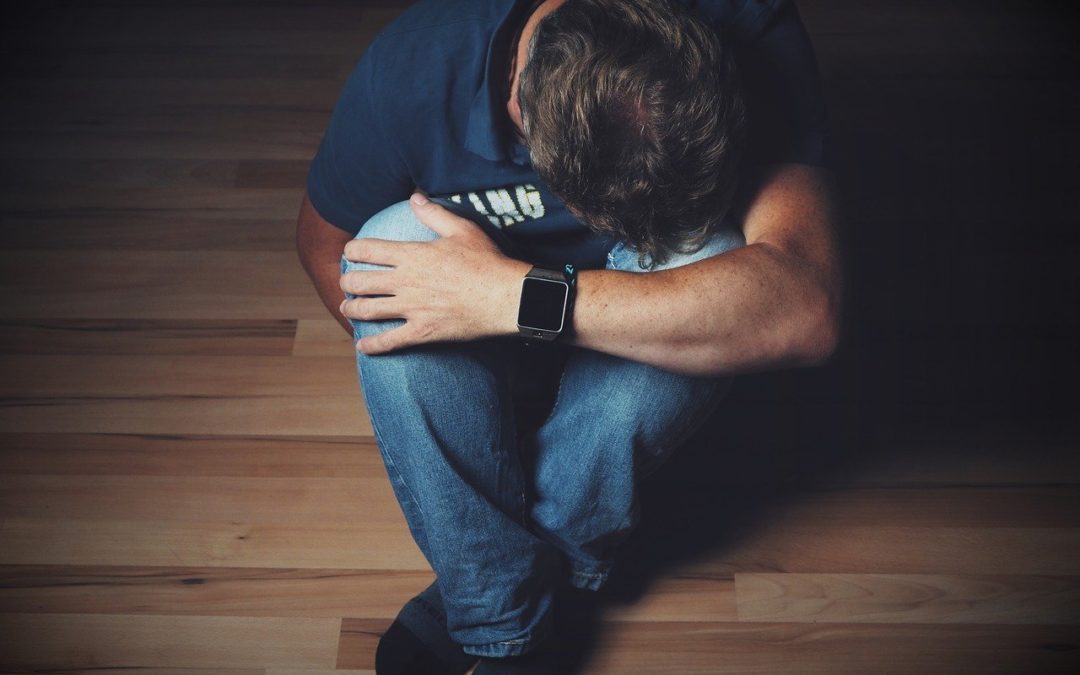
As it’s Men’s Mental Health Month (Movember) in November, Dad Info is focussing on awareness of men’s health issues. As part of this series we are focussing on prostate problems.
What is a prostate?
The prostate is a small tube found only in men, surrounding the tube that carries urine out of the body. The gland of the prostate produces thick white fluid that mixes with sperm to create semen.
The prostate is normally the size of a walnut, but can become inflamed with ageing or because of conditions such as prostatitis and prostate cancer.
An enlarged prostate
More than 1 in 3 men over 50 will have an enlarged prostate and suffer from symptoms associated with it.
An enlarged prostate does not indicate cancer. However, it puts pressure on the urethra tube and can affect your urination. Signs of an enlarged prostate can include:
- a weak flow of urine
- difficulty starting or stopping urination
- straining to wee
- feeling like you can’t empty your bladder
- prolonged dribbling after peeing
- needing to pee more often
- waking up during the night to pee
If you notice any of these symptoms, consult your GP. There are medicines available which can help relax the bladder and reduce the size of your prostate.
Prostatitis
Prostatitis is a condition where the prostate gland becomes swollen. It can be caused by a bacterial infection. It affects men of all ages, but mainly those over 50.
Symptoms can include:
- pain in the perineum (the area between the scrotum and anus)
- pain when peeing
- a frequent need to pee
- pain when ejaculating
- pain in the buttocks, lower back, genitals and pelvis
- difficulty urinating
Consult your GP if you have any of the above symptoms. Painkillers and medication can be used to treat the problem, and symptoms should clear over time.
Prostate cancer
Around 45,000 cases of prostate cancer are discovered each year, and it’s currently the most common cancer in men. It usually occurs in men over 50. Symptoms may appear to mirror those of prostate enlargement, however if you notice any of the following symptoms it’s best to get checked by your GP:
- needing to rush to the toilet
- weak flow
- hesitancy when starting to urinate
- needing to pee more often, especially at night
- straining to pee
- taking longer to pee
- feeling the bladder is unemptied
- blood or semen in urine
Be sure to see your GP if you are having any urination problems. It’s more likely urination problems will be down to an enlarged prostate than prostate cancer, but your doctor can help with treatment.









